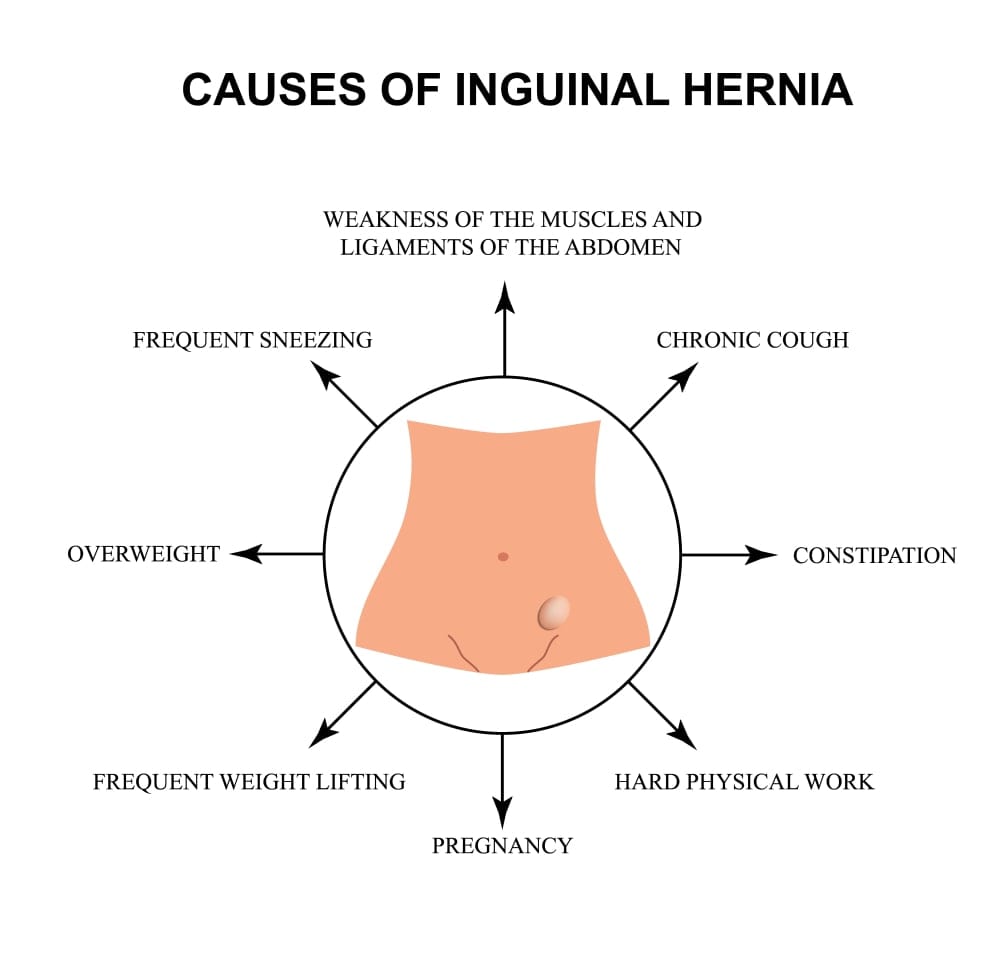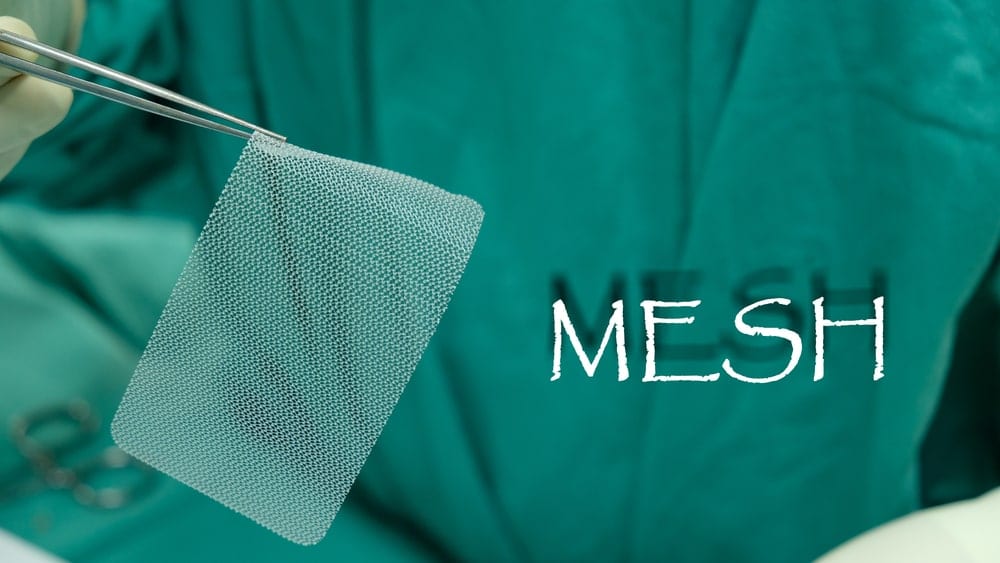Henderson Inguinal Hernia Repair
Inguinal Hernia – What Is It?
Inguinal hernias occur when fatty tissue or a part of your bowel, such as the intestine, protrudes into your groin. It pushes through the abdominal muscle wall into an area called the inguinal canal near the groin area. This usually results in pain and discomfort in the groin region especially when lifting heavy objects, coughing, bending over, or straining when passing stools. An inguinal hernia can be classified as direct or indirect, reducible or non-reducible and obstructed or non -obstructed. These various forms require various surgical treatments. Henderson hernia repair specialist Dr. Chanu Dasari is a leading general surgeon affiliated with Henderson hospital and offers top quality minimally invasive treatments for all types of hernias.
How Can I Tell if I Have an Inguinal Hernia?
Inguinal hernias are usually easy to diagnose. Cough impulses, or exacerbation of the swelling when coughing, are the most effective way to determine the presence of a hernia. Some inguinal hernias will appear while standing upright, but disappear when lying down.
Common signs and symptoms of inguinal hernia include:
- Swelling with regular edges, usually egg-shaped
- Protrusion or increase in size with coughing and standing upright
- Pain in swollen region with exercise
- A heavy sensation in your groin
- Swelling of the scrotum in men
Seek help from a Henderson hernia repair specialist right away if you notice any of these symptoms.
Warning signs of a serious issue requiring emergency treatment include:
- Sudden onset severe pain
- Change in color on or around the swollen area
- High grade fever
- Nausea and/or vomiting
- Change in bowel movements and inability to pass gases
- The swelling becomes irreducible and cessation of cough impulse
Call 911 or go to a hospital immediately if you experience any of the above symptoms.
When Should I See an Inguinal Hernia Repair Specialist in Henderson?
Inguinal hernia is a common benign condition that is easily treatable, however they can have serious fatal complications if ignored. An assessment of an obstructed hernia should be made as soon as possible to prevent strangulation of the herniated loop. See a hernia specialist in Henderson right away if you feel any painful swelling or notice lumps in the groin area. They will be able to quickly diagnose the hernia and determine the best course of treatment.
Henderson Inguinal Hernia Repair Options
Two types of surgical options are available, depending on the type of hernia you have. Dr. Dasari can offer high quality minimally invasive treatment.
Open Surgery: This procedure requires general anesthesia. It involves closing the hernia utilizing either sutures or mesh – in rare cases, both may be needed. The wound is then sealed by making use of surgical glue, staples, or sutures. It is recommended to move around shortly after the procedure takes place. Recovery can take a few weeks before you return to normal activity.
Laparoscopic Repair: For this procedure, a patient is given general anesthesia. During the treatment, small incisions are made in the abdomen of a patient. To inflate the abdomen to make the organs visible, gas is utilized. A laparoscope in a small tube is then inserted through one of the incisions. This procedure is recommended to patients that require repetitive surgeries to avoid scarring. This procedure is less of a risk with fewer chances of infections or complications. After your procedure takes place, you may need a few weeks to revert to your normal activity.
Henderson Inguinal Hernia Repair Specialist Dr. Chanu Dasari
Dr. Dasari has almost a decade of experience, and is an affiliate of Henderson Hospital. He is able to provide a fast diagnosis of an inguinal hernia. Most of the serious complications of inguinal hernia are preventable at early stages with prompt assessment, early diagnosis, and precise treatment.
If you have noticed symptoms of inguinal hernia, schedule an appointment with Dr. Dasari at his clinic, Minimally Invasive Surgery at (702) 602-6600










